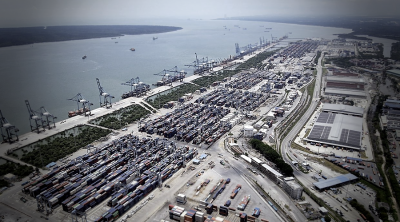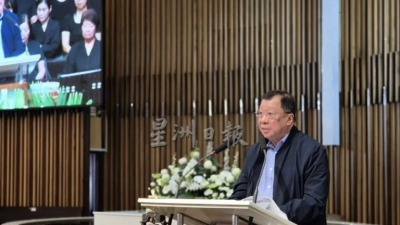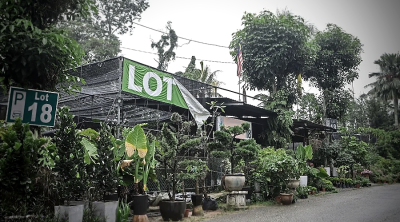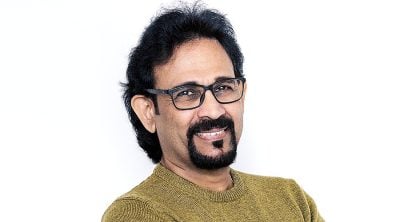By Lim Sue Goan, Sin Chew Daily
Prime minister Muhyiddin Yassin admitted that Sabah state election was one of the reasons for the spike in new COVID-19 cases. The price of such a political blunder is too big for everyone. Precious human lives have been sacrificed, in addition to our health and immeasurable economic losses.
Several groups of people are the most direct victims of the third wave of COVID-19 infections. First and foremost the people of Sabah.
West Malaysian politicians flew back to their homes after the state elections, leaving the helpless Sabahans having to face the brunt of the out-of-control viral outbreak.
The state added 3,900 new coronavirus cases between September 1 and October 11, almost a quarter of all the 15,657 cumulative positive cases reported in the country.
After the state elections, the number of new cases and deaths have surged in Sabah. On October 8, a total of 271 new cases and five deaths were reported in the state, increased to 274 new cases and six deaths the following day, 277 new cases and three deaths on October 10 and 488 new cases and two deaths on October 11.
There are several factors that have led to the deteriorating situation, including the more virulent D614G mutation found in Sabah clusters. Many people are not aware that they have already been infected, including chief minister Hajiji Noor.
In addition, many patients only seek medical assistance after they present the symptoms of COVID-19. They may have spread the virus before seeking medical assistance. Elderly people and those suffering from chronic illnesses belong to the high risk group and this has increased the mortality rate.
Contact tracing in community infections is hard to be carried out effectively. On October 1, as many as 17% of the cases reported in Sabah were unrelated to known infection clusters, and this percentage rose to 54% on Oct 2, 67% on Oct 3, 66% on Oct 4, 55% on Oct 5, 74% on Oct 6, and a high of 91% on Oct 7.
Screening tests executed in the state are far from adequate. Only about 2,500 to 3,000 tests are carried out each day. As a result, many asymptomatic cases have not been quarantined early enough to stop the virus from expanding further in the state.
While Hajiji Noor and other politicians can expect impeccable medical attention, many poor people in Sabah may not get to seek timely assistance due to accessibility and work issues.
Sabah is being locked down from October 12 to 25, and the federal government has already barred the people in Sabah from traveling beyond their own districts, not to mention targeted enhanced MCO (TEMCO) enforced in several areas in the state.
And with the latest announcement of state-wide CMCO, it is hoped that the virus will vanish after two to three weeks. Even if the bans are eventually lifted, the virus will very likely continue to spread in remote rural areas.
The lockdown will have tremendous impact on Sabah's economy. The tourist industry will be dead, and many shops will have to be shuttered, sending the unemployment rate sky high and many impoverished residents starving.
The state government has set aside RM20 million to provide food assistance for people living in ten red zones in the state, but this is hardly sufficient. The federal government should allocate more resources to deliver the people of Sabah out of distress in order to ensure social stability.
The second group of people that will suffer tremendously in the pandemic are our dedicated frontliners who have to shoulder unimaginable pressure of increased infection risks. They have to race against time and prevent the basic reproduction number (Rt) from hitting 2.2, or our medical system will be unable to cope and collapse.
In Sabah, as many as 190 frontline healthcare personnel have been infected, including 66 in September and 85 in October.
Understaffing issue in the healthcare system will only get more acute once the frontline personnel get infected. For example, after two ICU nurses at Kota Kinabalu's Queen Elizabeth II Hospital are infected with the virus, other nurses who have come into close contact with them will have to be quarantined, too.
Besides, the frontliners will invariably be panic-stricken, but they must still go on fighting the virus as this is their duty. They only breathe a sigh of relief if the pandemic is put under control.
Another group of victims are the local businesses whose sales have nosedived in recent months due to the pandemic.
During the past three weeks, positive COVID-19 cases have been reported at 13 shopping malls in Klang Valley, including 1 Utama in Petaling Jaya, which has been ordered to close for seven days.
Businesses in Klang Valley will take further beating following the implementation of CMCO in Selangor, KL and Putrajaya from October 14 to 27.
The virus has made its way into our malls, golf clubs, banks, schools and condominiums. Many people are forced to keep their money and refrain from spending.
Foreigners will stay away as long as our daily infection numbers are still high. Borders will remain shut and local businesses will only see the light at the end of the tunnel if we manage to keep the virus in check.
School pupils and their parents are also direct victims of the COVID-19 spike. 298 schools in Petaling district have been told to close, and this will negatively impact the students' studies. Parents who have to work may have problem with their children left alone at home, and they may not have time to supervise their children's online classes.
All Malaysians, be they from Sabah or anywhere else in the country, must stay strong and persistent in order to claim the ultimate victory over the virus.
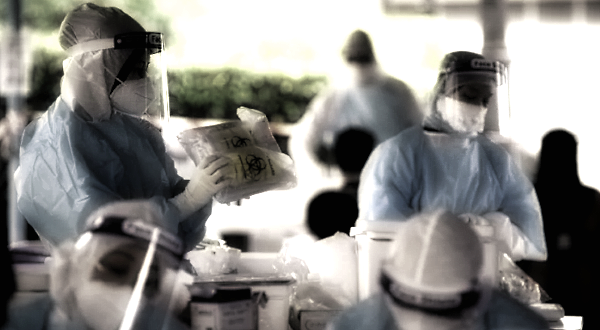
ADVERTISEMENT
ADVERTISEMENT






